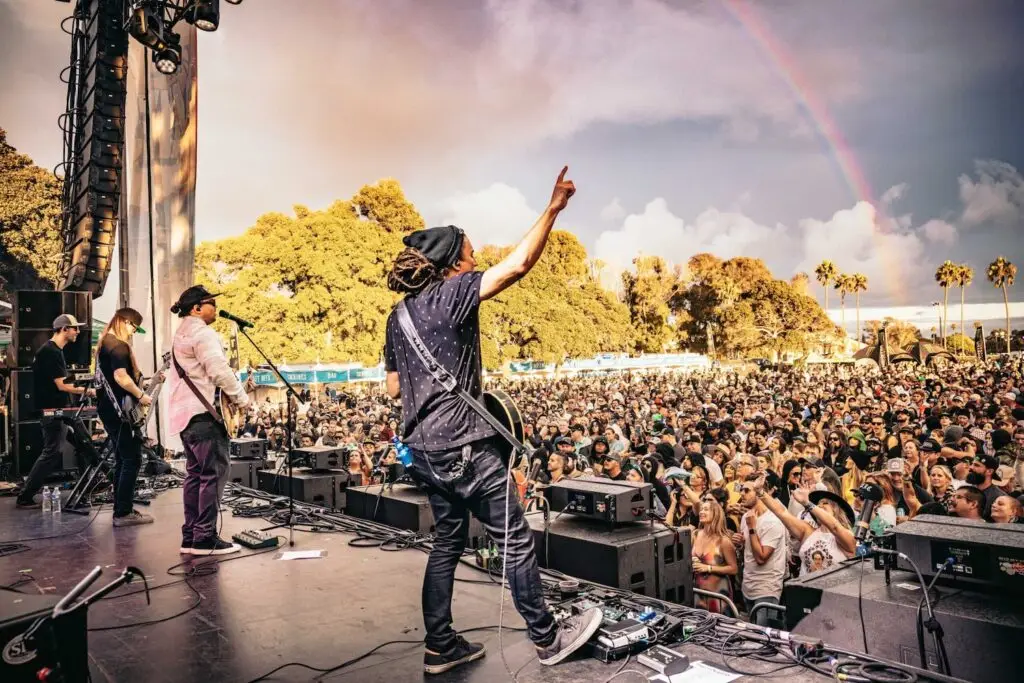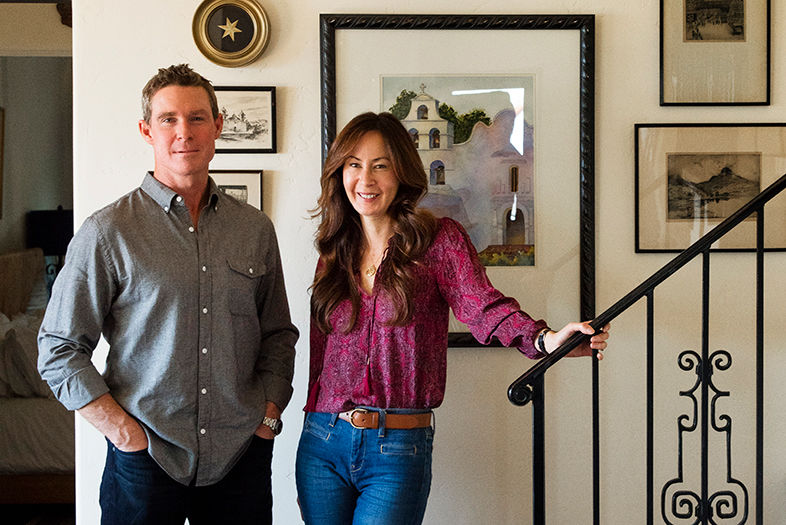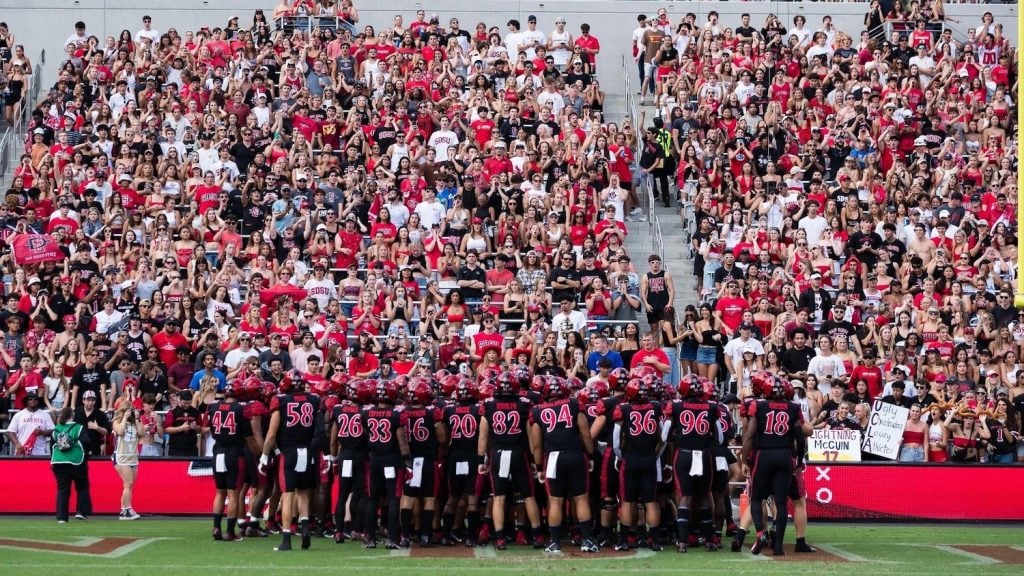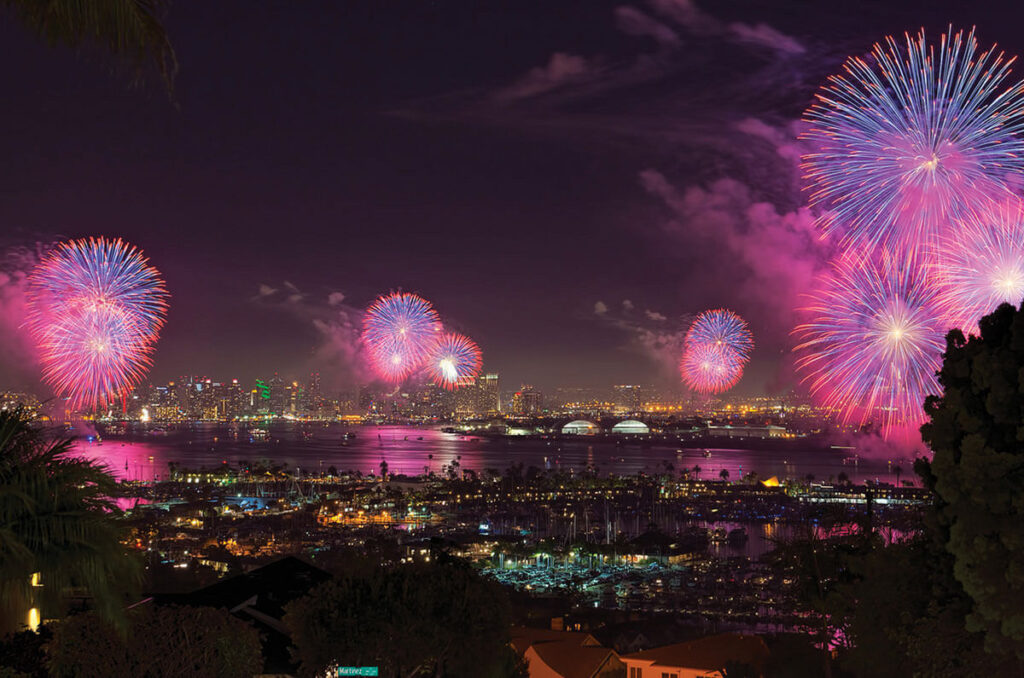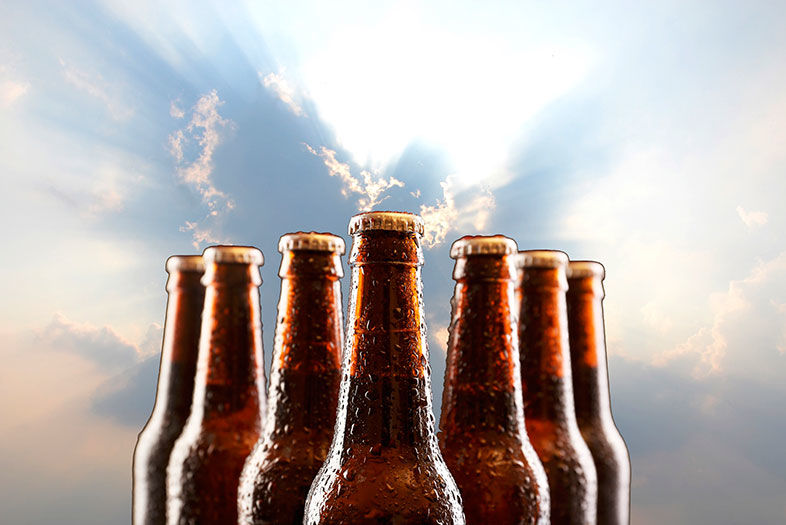Read “Battling Big Beer, Part I” here
Last Sunday, more than 150 people crowded into the bar at Mission Brewery to begin a discussion about their own identity. The group was an energetic mix of brewers, brewery employees, administrators, publicans, media, beer enthusiasts—anyone who has any kind of stake in the world of craft beer. The people had come to talk openly about the two “camps” that have formed in our craft community: the locals who are independent and the locals who have become part of large corporations.
Before the acquisitions of St. Archer and Ballast Point last year (and now the impending arrival of 10 Barrel Brewing owned by AB-InBev), the two camps did not exist. Now, brewers on both sides are struggling to figure out how they can co-exist. In one sense, they’ve all been comrades in arms, sharing best practices, sharing ingredients, doing collaboration brews—working side by side to achieve the same goal, which is to make great beer. In another sense, the folks who now work for large corporations have become distinctly different from their old comrades—they may look, act, and work the same, but now their work has taken on a different meaning (at least to the independents).
The truth is that many people in the brewing community are deeply conflicted. I heard numerous folks stand up and say they didn’t blame owners for giving in to big payouts. (“Hell, if someone offered me a check with all those zeroes on it, I’d take it!” was a common refrain.) Others felt compelled to stand up and testify that they had buddies working at St. Archer and Ballast, and that those people “are still great guys. And they still make great beer.” These sentiments, though nice, belie a deeper struggle—a new kind of struggle that is just now coming to light.
How should “the acquired” be treated by the independents? The most vehement independents have called for complete and utter “excommunication” of companies that are owned by corporations. The moderates are willing to recognize that the acquired still share the fundamental goals and attitudes of the independent craft community and, as such, should be tolerated, if not embraced. The most liberal people feel that there’s room for every type and size of brewery in San Diego, as long as the beer they produce is truly what everyone considers to be “craft.”
The question of what “craft” really means has been debated within the beer community for years. As part of the discussion on Sunday, organizer Cosimo Sorrentino (brewer for Monkey Paw) asked everyone to consider a central principle: “What is the soul of craft?” For many, the idea of “craft” is synonymous with small production; hand-made batches made on non-automated equipment. The Brewers Association applies three criteria to define “craft.” The first is that the brewery should be “small.” But “small” according to the BA, means any company producing 6 million barrels per year or less.
Applying the “size” criteria doesn’t really work when you look at the vast difference between some of the biggest, most successful craft breweries in the country and the majority of others. Boston Beer Company (arguably the first craft brewery in America) now produces upwards of 4 million barrels of beer a year. (Under 3 million barrels per year used to be the Brewers Association production cutoff for being considered “craft,” but that limit was raised to 6 million as Boston Beer approached the original ceiling.) Sierra Nevada’s annual production is north of 1 million barrels. Stone (the 9th largest U.S. craft brewer) produces about 325,000 barrels per year. Those companies all make great craft beer, but they are not small. Not compared to most craft breweries. A great number of San Diego’s breweries are producing fewer than 3,000 barrels per year. Putting a company that produces 4 million barrels in the same category as a company that produces 3,000 seems, in my opinion, to be an inadequate measure for a category.
I do believe that Ballast Point, St. Archer, and 10 Barrel will continue to make what I consider craft-level (highest-quality) beer, they just won’t be craft breweries.
The second criteria the BA uses has to do with “traditional” brewing. Traditional brewing means that a craft brewer uses only “real and traditional ingredients” like malted barley and hops to make beer. Breweries that utilize corn syrups and rice derivatives, for example, would not be considered craft. This is a good criteria to use, but it doesn’t help to define any differences between the independents in San Diego and the non-independents. To my knowledge, all these breweries, regardless of ownership, brew with real, traditional ingredients and they don’t skimp on malts or flavorings just to save money. In this sense, they are all as truly craft as anyone can be.
The third criteria seems, to me, to be the real crux of the matter. The third criteria, according to the BA (and the San Diego Brewers Guild, which basically follows similar guidelines) is that a craft brewery must be majority owned by an independent entity, specifically not by an alcoholic industry member that is not itself a craft brewer. This criteria makes a good deal of sense to me, though—frankly—not for the reasons that most others embrace it. Many people believe a brewery should be stripped of its craft cred for “selling out” and giving in to “corporate greed,” but my issue is not with the company that sells, it’s with the company that buys. I believe that, in order to preserve the true value of the term “craft,” guilds and associations can’t condone the outright purchase of “craft cred” by huge businesses that are far removed from the actual creation of craft beer. To allow this would be to allow the true meaning of “craft” to be weakened and diluted. It would allow multi-billion-dollar corporations to simply buy the craft designation instead of earning it. This potential outcome, understandably, upsets a lot of craft brewers.
Having said all that, I do believe that Ballast Point, St. Archer, and 10 Barrel will continue to make what I consider craft-level (highest-quality) beer, they just won’t be craft breweries (just as many “independent” studios in Hollywood are mostly owned by big studio conglomerates). I would say the same about Goose Island, Golden Road, and Elysian (owned by AB-InBev), Lagunitas (50% owned by Heineken), and Firestone Walker (merged with Duvel).
I don’t know how the two camps will ultimately resolve their issues. Despite the difficulties, there must be a way for these high-quality breweries—who have made their bones in the craft industry—to remain a part of the craft community, even if it’s on a different level from the independents. To shun them completely, seems to deny the most fundamental principle that all these breweries share, no matter what their size; that’s a belief in the ultimate goodness of honestly made beer. And honestly made beer is ultimately where craft gets its soul.
Stay tuned: There’s still more to come in this ongoing debate and ever-changing landscape.
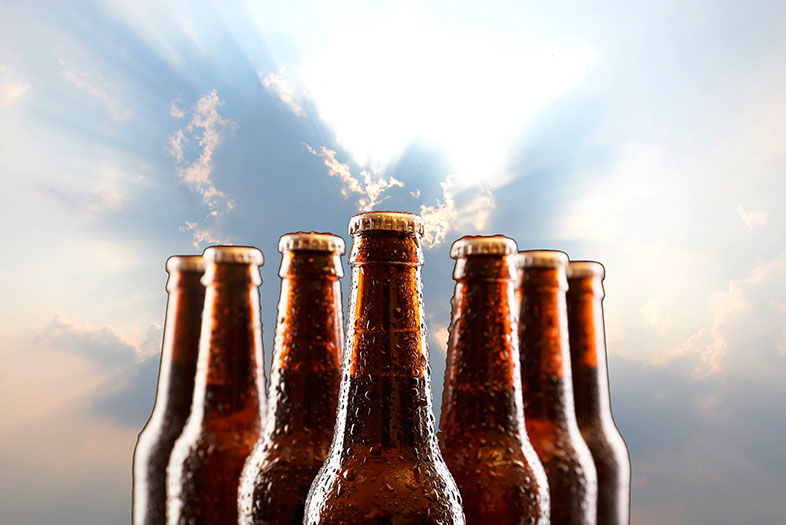
Battling Big Beer, Part II
PARTNER CONTENT
How do you define the soul of craft beer?
